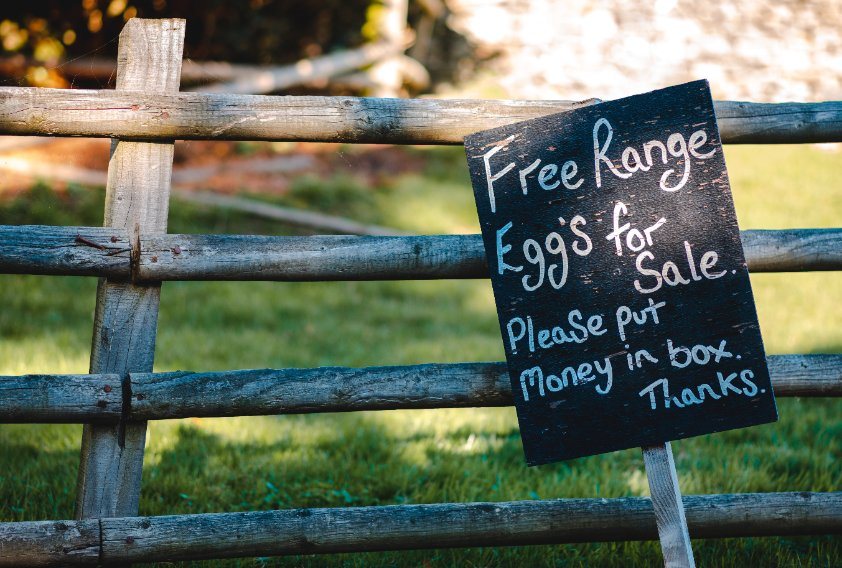
The government has been told to provide 'meaningful support' to aid the survival of small and medium sized farming businesses or risk more closures.
The warning comes as small, often family-run firms continue to shut down, such as the recent closure of the 100-year-old Mettrick’s abattoir in Derbyshire.
Small abattoirs are especially at risk: during the period between 2019 and 2021, the sector saw the closure of 14 abattoirs.
Fears have been consistently raised over the negative impact of these closures on the rural economy, as well as the need for greater government support to maintain them.
The Sustainable Food Trust (SFT) said the closure of Mettrick’s would cause 'heartache and distress' for farmers around the area.
Richard Young, SFT policy director said: “This is an extremely worrying development. If a state-of-the-art small abattoir like this is unable to continue in business, yet more closures will follow.
“This isn’t about money, it's about the government being willing to set its own, risk-based rules for small abattoirs."
He added: "Ironically, now we have left the EU, ministers are more frightened to vary from the bureaucratic letter of EU regulations than when we had a voice in Europe.
“All food, farming and rural organisations must work together to turn this situation round. It is in no one’s interest to let small abattoirs slip away like this."
The National Sheep Association (NSA) warned the government to realise the ongoing severity of the situation facing small and medium sized businesses.
The body said that companies were increasingly dominating agricultural markets, compared to smaller companies which traditionally play an important part in the sector.
"The largest 24 meat processing plants control 85% of the throughput," NSA chief executive, Phil Stocker explained.
"As an industry, there is a desperate need to support small and medium sized businesses to ensure that there is capacity and a service for rural locations at a time when interest in localising supply chains is growing.”
The government's Food Strategy, published in June, outlined a range of aspirations to improve the food systems within the UK.
A key component of it was that healthy and sustainable food should be sourced as locally as possible.
But Mr Stocker warned that the capacity to do this "is escaping communities quicker than government policy can be enacted".
"NSA urges the government to support and incentivise the investment in our own supply chain infrastructure before it is too late," he added.
"It is disappointing to see the disconnect in government farming schemes often incentivising diversification and local sourcing yet there is little to no action in maintaining the means to deliver these outcomes.”
